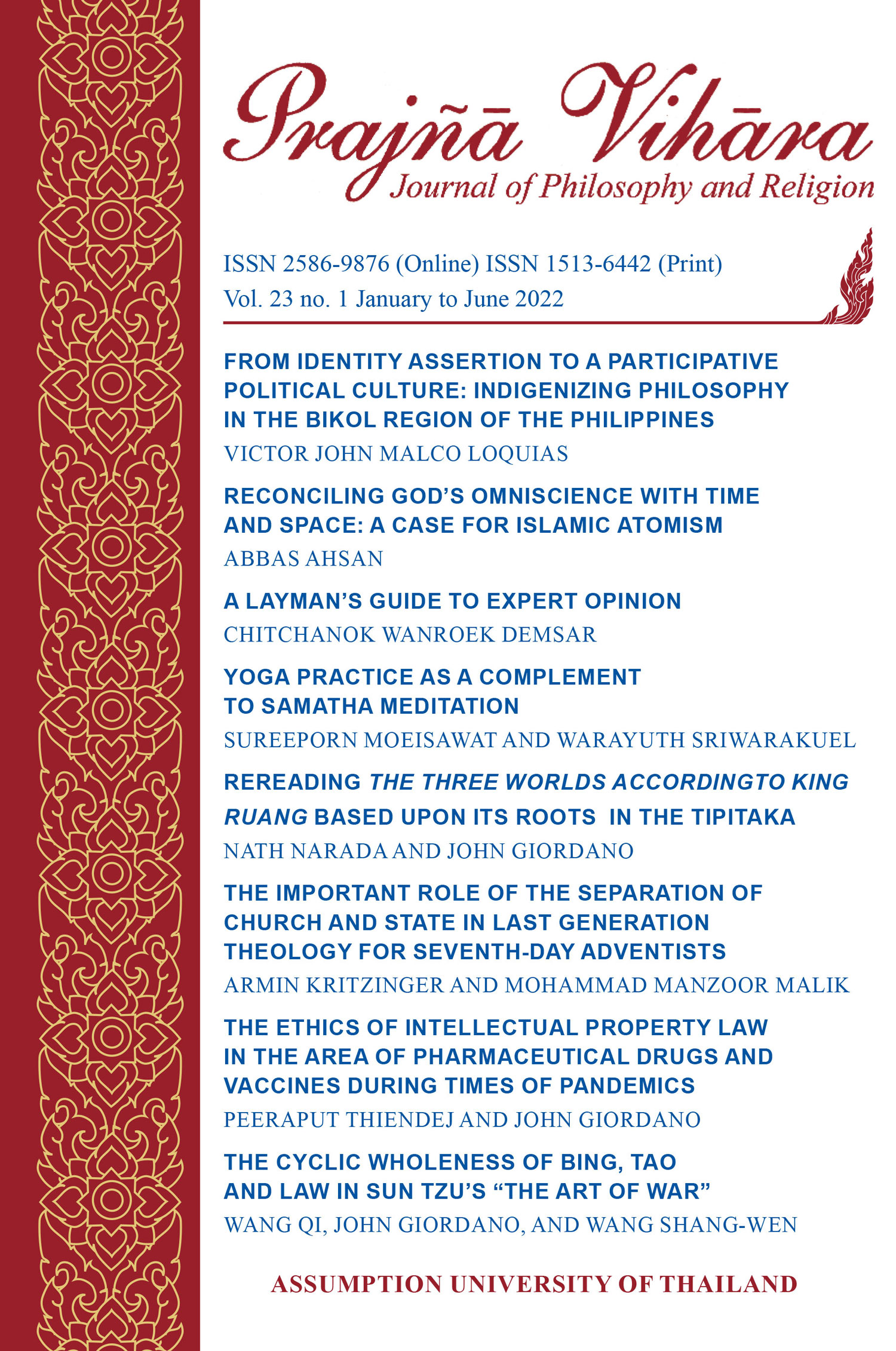A LAYMAN’S GUIDE TO EXPERT OPINION
Abstract
In this paper I will contrast two views of expert testimony,
an authoritarian view and a libertarian view. I will show
that the authoritarian view has some problems that the
libertarian view can solve. An authoritarian view leads
to skepticism about expert testimony, as, on this view,
acceptance of expert testimony is blind. It also seems
to make scientific revolution inherently unreasonable.
Having shown that libertarianism can easily address these
problems, I conclude by outlining a way of integrating this
view with a broader theory of testimony.
References
Cartwright, Samuel A. “Report on the Diseases and Physical Peculiarities
of the Negro Race.” The New Orleans Medical and Surgical
Journal, (1852): 691–715.
Clifford, William K. “The Ethics of Belief”, in The Ethics of Belief and
Other Essays, ed. T. Madigan (Amherst, MA: Prometheus, 1877),
–96.
Gettier, Edmund L. “Is Justified True Belief Knowledge?” Analysis 23,
no. 6 (1963): 121–123.
Goldman, Alvin. “Experts: Which Ones Should You Trust?” Philosophy
and Phenomenological Research 63, no.1 (2001): 85–110.
Graham, Peter. “Conveying Information.” Synthese 123, no. 3 (2000):
–392.
Hardwig, John. “The Role of Trust in Knowledge.” The Journal of
Philosophy 88, no.12 (1991): 693.
Lackey, Jennifer. “Expert and Peer Disagreement,” in Knowledge,
Belief, and God: New Insights in Religious Epistemology, eds.
M. A. Benton, J. Hawthorne and D. Rabinowitz (Oxford: Oxford
University Press, 2018), 228-45.
Lackey, Jennifer. “Learning from Words.” Philosophy and
Phenomenological Research 73, no. 1 (2006): 77-101.
Milgram, Stanley. “Behavioral Study of Obedience.” Journal of Abnormal
and Social Psychology. 67, no. 4 (1963): 371–8.
Stewart, Coran. “Expertise and Authority.” Episteme, (2019). https://doi.
org/10.1017/epi.2018.43.
Weinberg, Justin. “Why Are So Many Philosophers of Religion Theists?”
Daily Nous, (2019) https://dailynous.com/2015/01/30/why-areso-
many-philosophers-of-religion-theists/
Zoltán, Imre. “Ignaz Semmelweis.” Encyclopedia Britannica, August 9,
Downloads
Published
Issue
Section
License
Consent to Publish and Transfer of Copyright
By publishing in Prajñā Vihāra, the author agrees to transfer and assign to Assumption University of Thailand as the Publisher of the Journal, the copyright to the Article in any form, including any and all rights, interests and claims related to it.
The author does retain the following rights:
- The right to make further copies of the published article for their use in classroom teaching.
- The right to reuse all or part of the published article in a compilation of his or her own works or in textbooks of which they are the author or coauthor.
- The right to make copies of the published article for internal distribution within their academic institution.
- All proprietary rights other than copyright, such as patent rights.
- The Article is his or her original work, and has not been published previously and is not under consideration for publication elsewhere.
- It does not contain any matter that is obscene, libelous, or contrary to law.
- They have obtained the necessary license or written authority and paid any and all related fees for the use and reproduction of text, tables, illustrations and other copyrighted work from the owners of the intellectual property rights, and can furnish the Publisher copies of the license/written authority and proof of payment of related fees upon the signing of this Agreement.
- They have the consent of the Co-Authors of the article upon the signing of this Agreement.
- In the event that they intend to republish, reprint or translate all or part of the Article in other publications, they will secure the prior written permission from the journal Editor.
Prajñā Vihāra adopts the Creative Commons Attribution (CC BY-NC-ND) license


